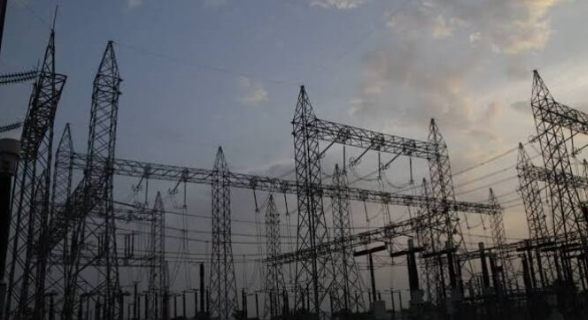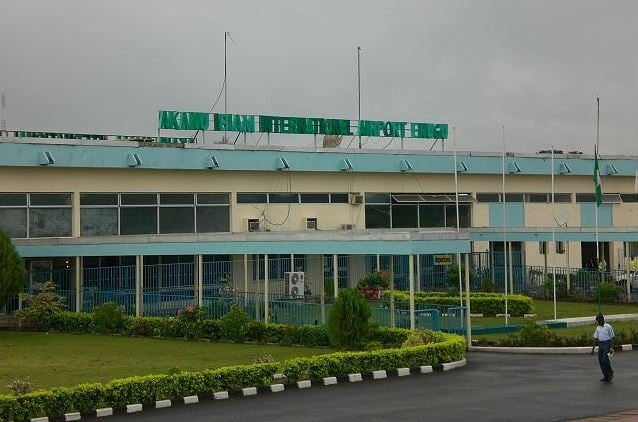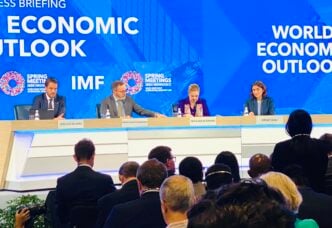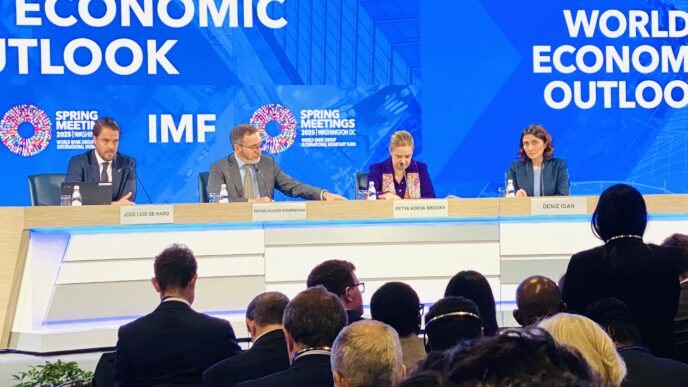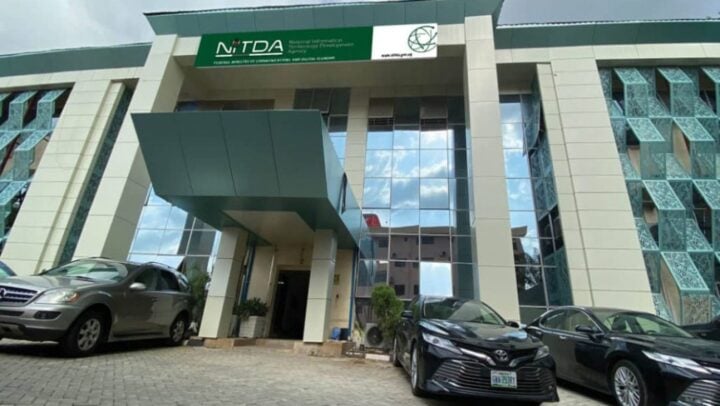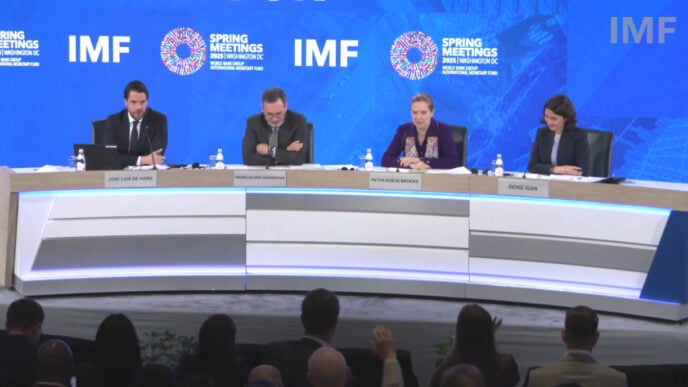The federal government says it is targeting an additional 4,000 megawatts (MW) of electricity to the national grid by the end of 2026 under a revised implementation plan for the presidential power initiative (PPI).
Bolaji Tunji, special adviser on strategic communications and media relations to Adebayo Adelabu, minister of power, announced the target in a statement on Sunday.
Nigeria’s current grid capacity is 4,919mw.
According to the statement, the administration of President Bola Tinubu has revitalised the PPI following the execution of an acceleration agreement with Siemens Energy to fast-track its implementation and improve power supply.
Advertisement
The new structure, Tunji said, allows Siemens to focus solely on modernising the transmission subsector using a turnkey model, while other credible engineering, procurement and construction (EPC) firms with proven capacity will be responsible for the distribution component.
“While acknowledging efforts of past administrations on the PPI, the Minister said some of the key milestones under the present administration apart from the execution of an Acceleration Agreement with Siemens Energy to fast-track the implementation of the PPI, include the approval of a new technical direction for the PPI, ensuring Siemens Energy focuses solely on upgrading and modernizing the transmission subsector through a Turnkey approach,” the statement reads.
“The president also approved that the distribution scope be delivered by other reputable Engineering Procurement and Construction (EPC) Companies with the requisite technical, financial, and financing capacity.
Advertisement
“The strategic decisions aim to increase grid capacity by an additional 4,000MW by the end of 2026, with an aspirational target of an additional 2,000MW, as directed by the economic management team in 2024.”
‘TINUBU HAS DEMONSTRATED AN UNWAVERING COMMITMENT TO PPI’
Tunji said that while the PPI was conceived in 2018 under a bilateral agreement between Nigeria and Germany, the project has witnessed significant progress since the Tinubu administration took office on May 29, 2023.
“There is no way the minister’s statement that no significant progress on the project was made until the present administration was inaugurated, can be faulted when the major milestones between 2023 till date are considered,” he said.
Advertisement
“This administration, under the leadership of President Tinubu, has demonstrated an unwavering commitment to the PPI, recognising its critical importance to opening up the economy and galvanising national development.
“To ensure the expeditious delivery of improved power supply to industrial clusters, households, and businesses, President Tinubu mandated the signing of an Acceleration Agreement.
“This commitment has translated into tangible results. Under the present administration , leadership, strengthened programme governance has expedited contract and financing approvals, leading to faster project implementation.”
He noted that the PPI pilot phase under the current administration delivered 10 power transformers and 10 mobile substations, manufactured and delivered in October 2023.
Advertisement
The spokesperson said the several transmission projects executed by FGN Power Company have also added over 700MW in wheeling capacity for industries, universities, and homes.
Tunji said electricity generation in Nigeria peaked at 6,003MW on March 4, 2025, the highest ever, with a new record of 128,370.75MWh in daily energy delivery, and generation evacuation reached 5,801.44MW on the same day.
Advertisement
On grid infrastructure, he said over 70 transformers were added between 2024 and 2025 through TCN’s internally generated revenue (IGR) and support from the World Bank and African Development Bank, adding over 12,000 megavolt-amperes (MVA) to grid capacity.
“However, the minister is the first to acknowledge challenges in the sector. Such challenges include the N4 trillion in outstanding subsidies and unsustainable tariff regimes, rampant vandalism, electricity theft, and chronic bill non-payment, poor investment by some operators, especially in the distribution infrastructure and resistance to the sector commercialisation by the electricity consumers, which is impacting on the sector’s liquidity,” he added.
Advertisement
Tunji said that despite the challenges, the ministry has achieved significant progress in reforming the sector, expanding access, and upgrading infrastructure.
The spokesperson added that a solid foundation has been established for long-term transformation, driven by a commitment to inclusive, sustainable, and results-focused development of the power sector.
Advertisement
